Country Report Summary
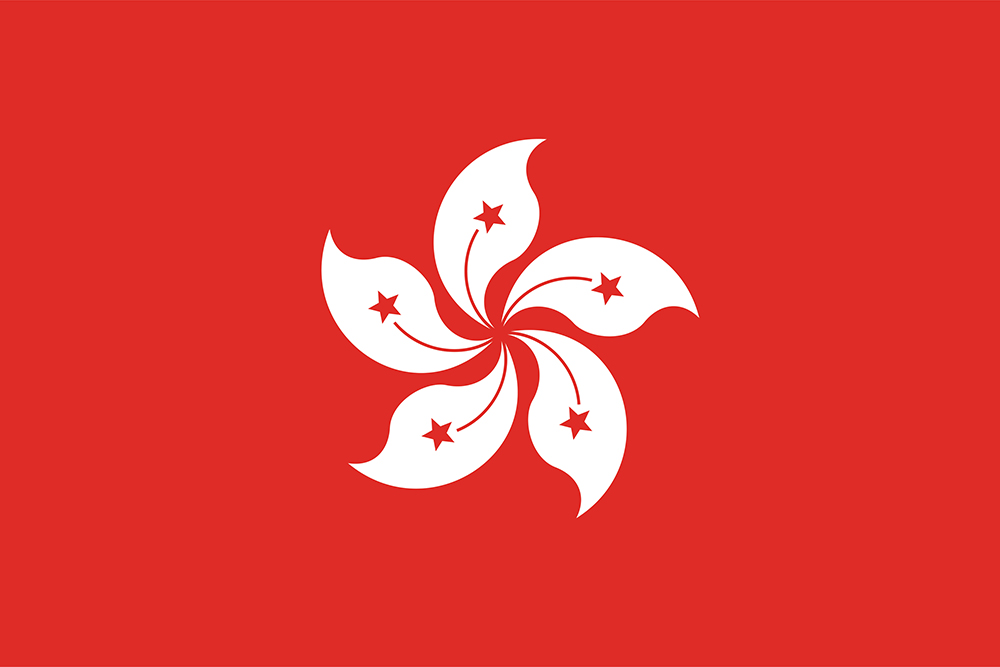
Hong Kong
Anti Money Laundering
FATF status
Hong Kong is not on the FATF List of Countries that have been identified as having strategic AML deficiencies.
Compliance with FATF Recommendations
The last follow-up Mutual Evaluation Report relating to the implementation of anti-money laundering and counter-terrorist financing standards in Hong Kong was undertaken in 2023. According to that Evaluation, Hong Kong was deemed Compliant for 11 and Largely Compliant for 25 of the FATF 40 Recommendations. It was deemed Highly Effective for 0 and Substantially Effective for 6 of the Effectiveness & Technical Compliance ratings.
Sanctions
As a member of the United Nations, Hong Kong must adhere to the sanctions measures established by the UN Security Council to maintain international peace and security. Since 1966, the Security Council has implemented 31 sanctions regimes, which include various measures such as economic sanctions, arms embargoes, and travel bans. Currently, there are 15 ongoing sanctions regimes that focus on political settlements, nuclear non-proliferation, and counter-terrorism, all administered by a sanctions committee.
While there are no international sanctions currently against Hong Kong, the United States issued an Executive Order in July 2020 that altered its preferential treatment towards Hong Kong. The UK has maintained an arms embargo against mainland China since 1989 and extended this embargo to Hong Kong in July 2020, following the implementation of the National Security Law. This embargo includes restrictions on lethal weapons and equipment that could be used for internal repression.
Bribery & Corruption
Rating: 0 (bad) - 100 (good)
Transparency International Corruption Index = 74
World Bank: Control of Corruption Percentile Rank = 93
Mainland China and Hong Kong have ratified the United Nations Convention Against Corruption, with Hong Kong’s Independent Commission Against Corruption (ICAC) playing a key role in combating corruption and fostering international cooperation. The ICAC has established the Hong Kong International Academy Against Corruption to provide training for anti-corruption efforts globally. Notably, U.S. firms do not view corruption as a barrier to foreign direct investment, and both giving and receiving bribes are criminal offenses subject to severe penalties.
Economy
Hong Kong is a highly open economy characterized by a free market philosophy, with the service sector accounting for over 90% of its GDP in 2023. Despite facing challenges due to the imposition of the National Security Law and subsequent legislation that has created uncertainty for businesses, Hong Kong remains an attractive destination for foreign investment, particularly in sectors like financial services, logistics, and technology. The region has historically enjoyed favorable conditions for doing business, including no restrictions on foreign ownership and a straightforward regulatory environment.
Hong Kong maintains a highly open investment climate, welcoming foreign direct investment (FDI) without discrimination against foreign investors. However, recent legal changes, particularly the imposition of the National Security Law and the Safeguarding National Security Ordinance, have introduced significant uncertainties that could impact business operations and deter investment. Despite these challenges, Hong Kong continues to be an attractive destination for foreign firms due to its competitive sectors and straightforward regulatory environment.
Country Report Summary

Malaysia
Malaysia is not on the FATF List of Countries that have been identified as having strategic AML deficiencies.
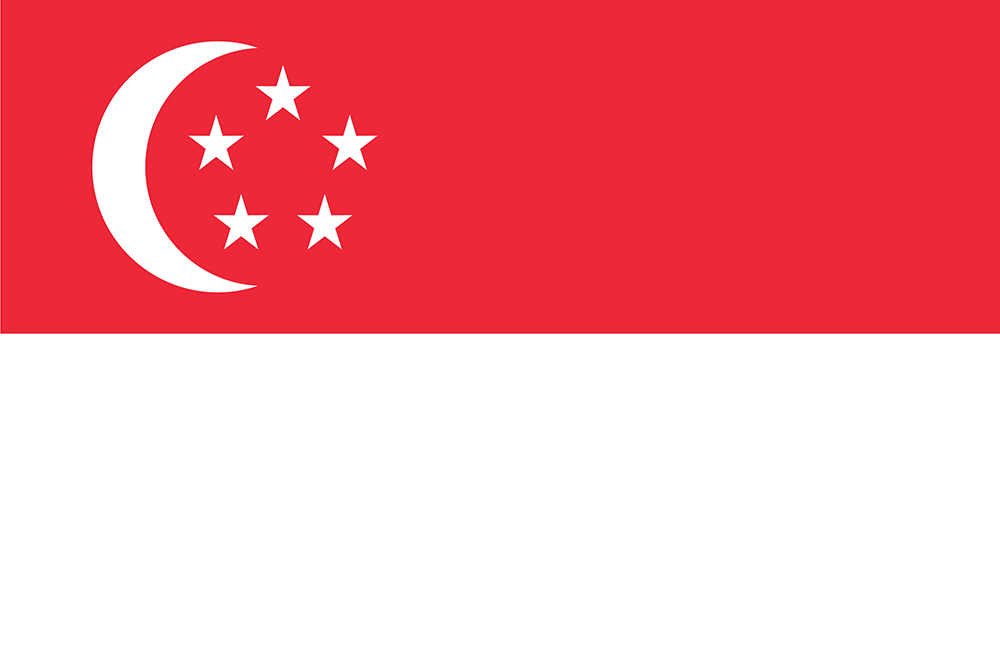
Singapore
Singapore is not on the FATF List of Countries that have been identified as having strategic AML deficiencies.
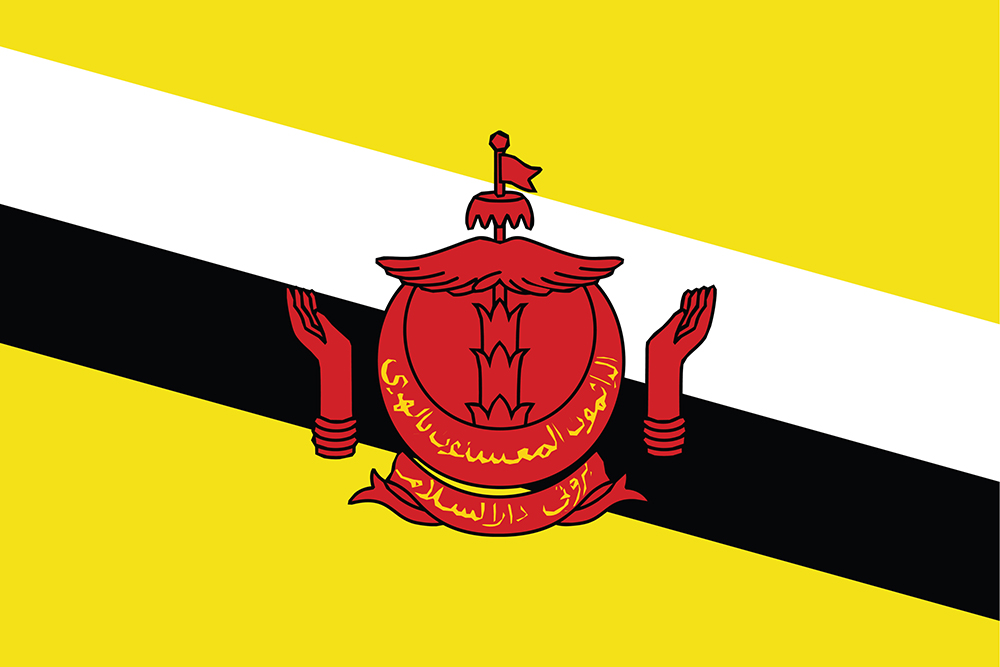
Brunei
Brunei is no longer on the FATF List of Countries that have been identified as having strategic AML deficiencies.
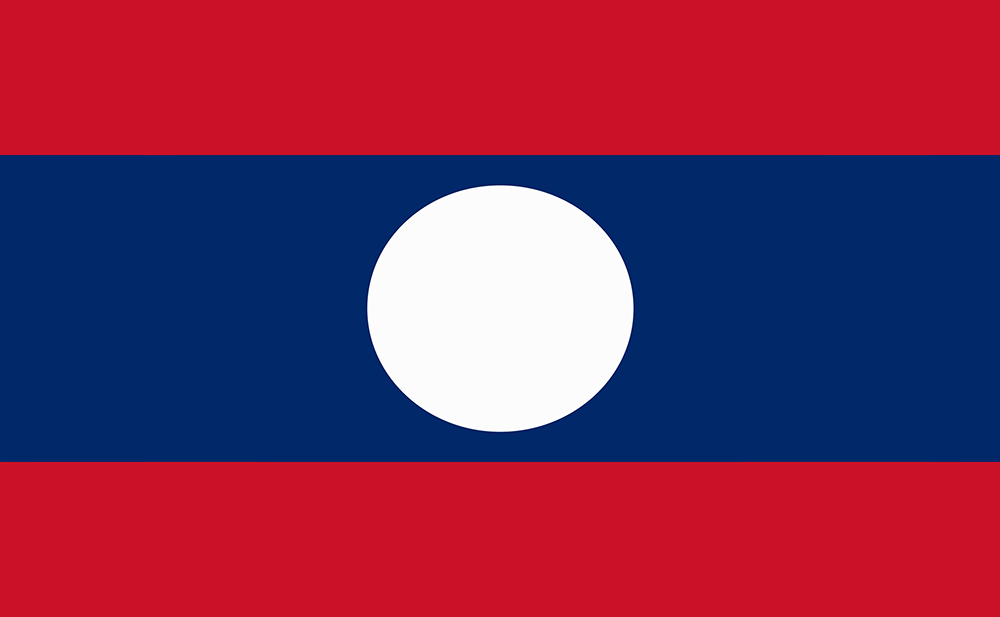
Laos
Laos is on the FATF List of Countries that have been identified as having strategic AML deficiencies.
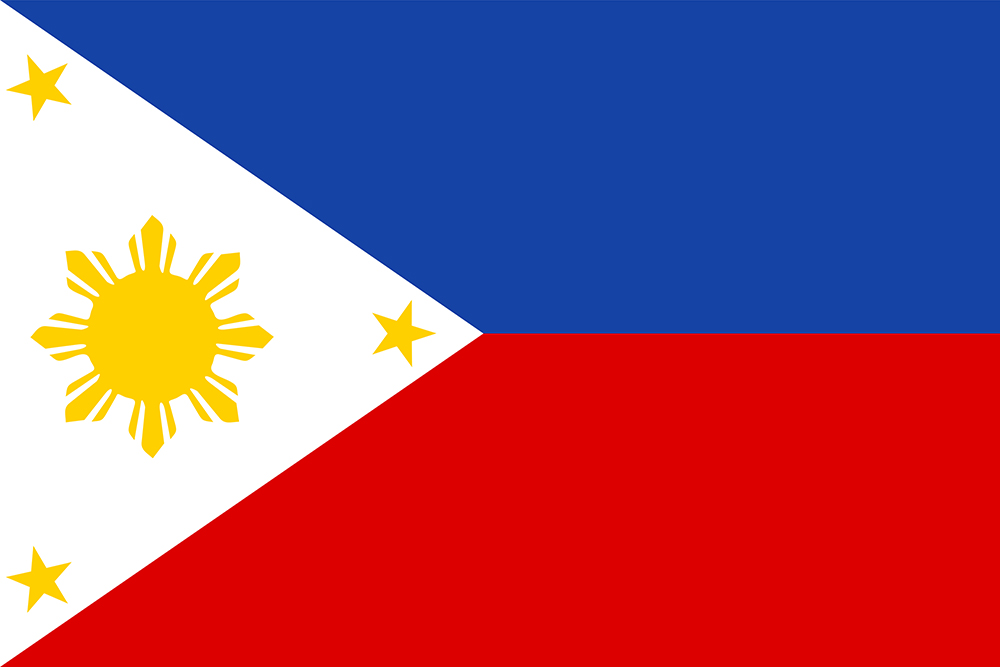
Philippines
Brunei is no longer on the FATF List of Countries that have been identified as having strategic AML deficiencies.

Cambodia
Cambodia is no longer on the FATF List of Countries that have been identified as having strategic AML deficiencies.
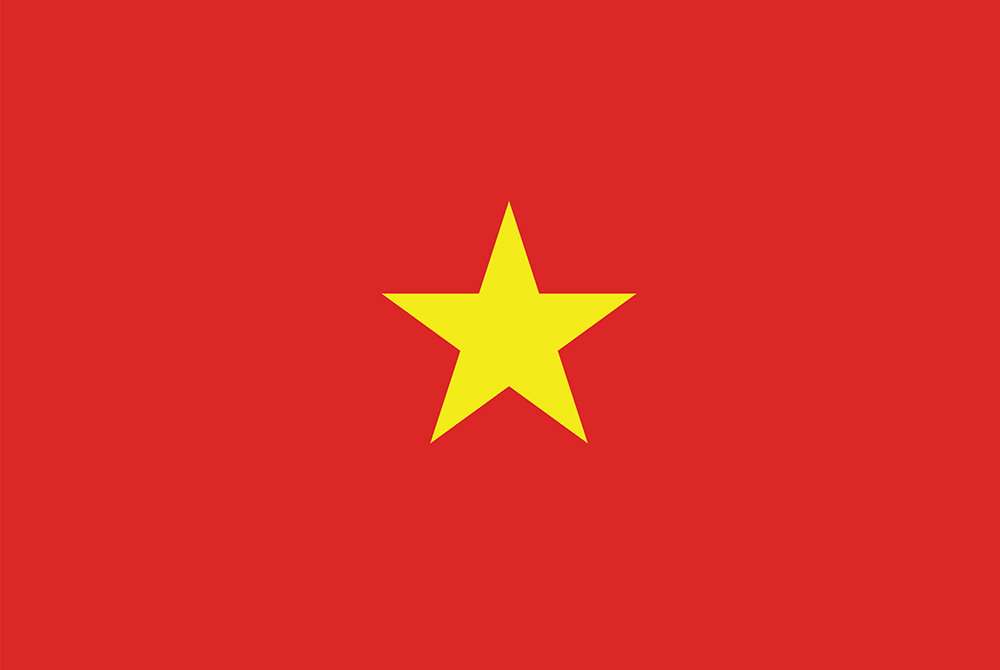
Vietnam
Vietnam is on the FATF List of Countries that have been identified as having strategic AML deficiencies.

Myanmar
Myanmar is subject to a FATF call on its members and other jurisdictions to apply enhanced due diligence measures proportionate to the risks arising from the jurisdiction.
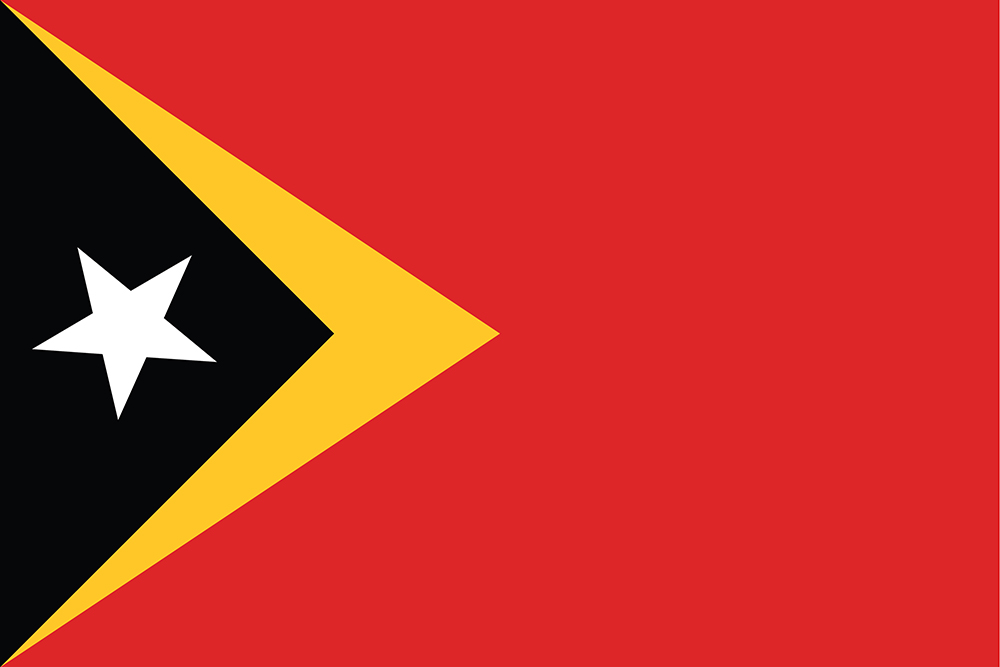
Timor-Leste
Timor-Leste is not on the FATF List of Countries that have been identified as having strategic AML deficiencies.
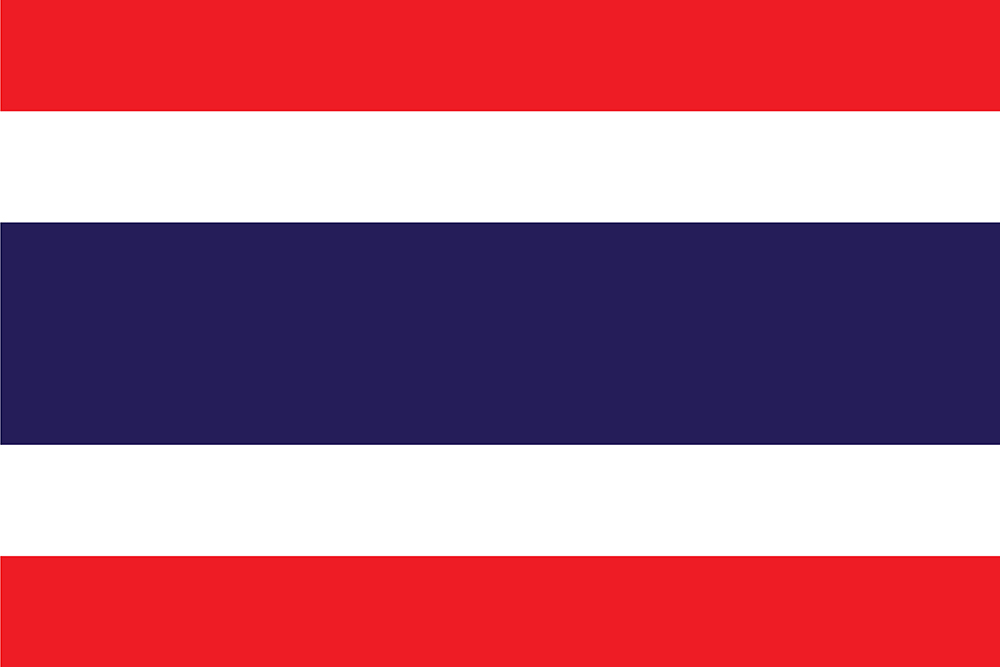
Thailand
Thailand is no longer on the FATF List of Countries that have been identified as having strategic AML deficiencies.

Indonesia
Indonesia was removed from the FATF List of Countries that have been identified as having strategic AML deficiencies on 26 June 2015.

Morocco
Morocco is no longer on the FATF List of Countries that have been identified as having strategic AML deficiencies.
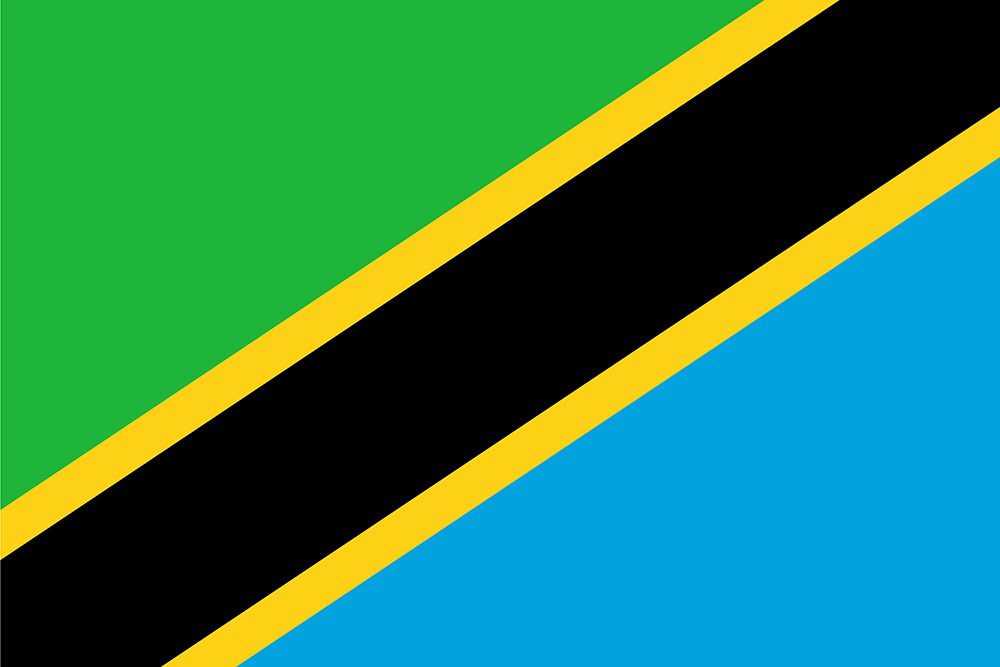
Tanzania
Tanzania is on the FATF List of Countries that have been identified as having strategic AML deficiencies.
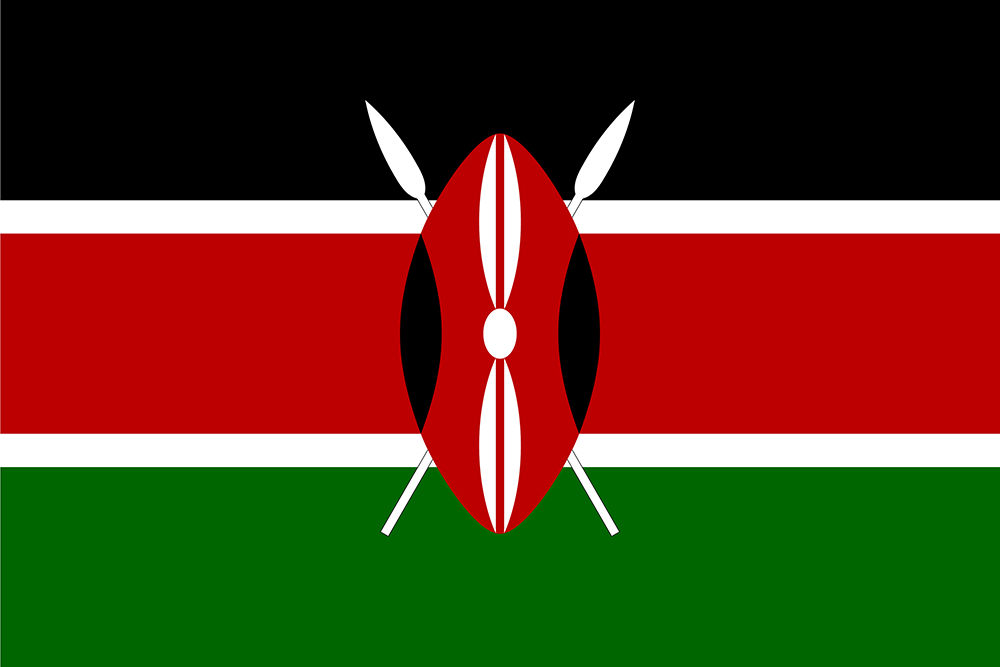
Kenya
Kenya is on the FATF List of Countries that have been identified as having strategic AML deficiencies.
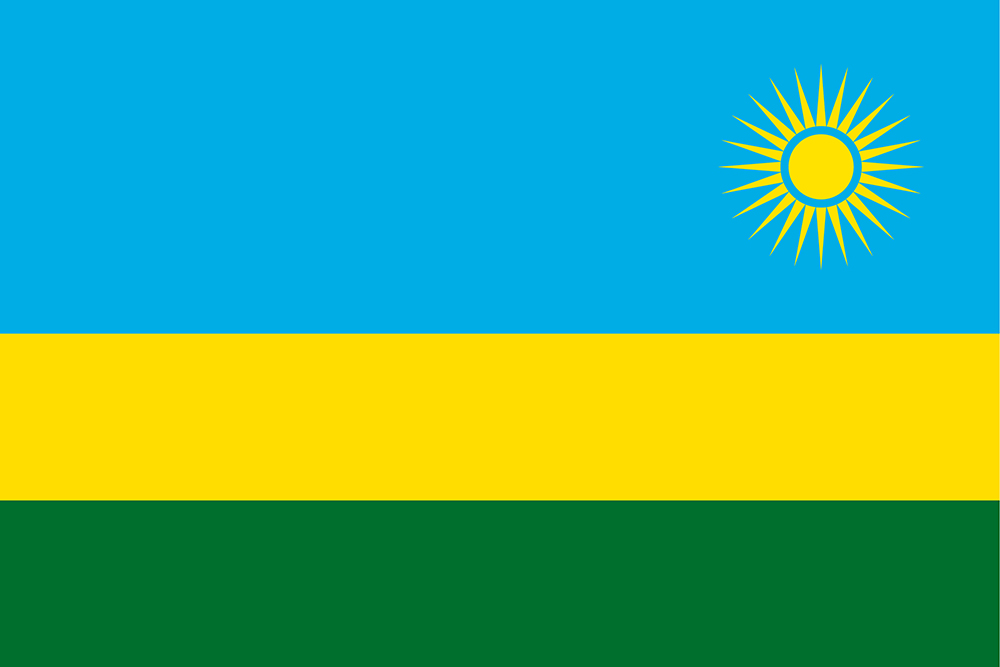
Rwanda
Rwanda is not on the FATF List of Countries that have been identified as having strategic AML deficiencies.
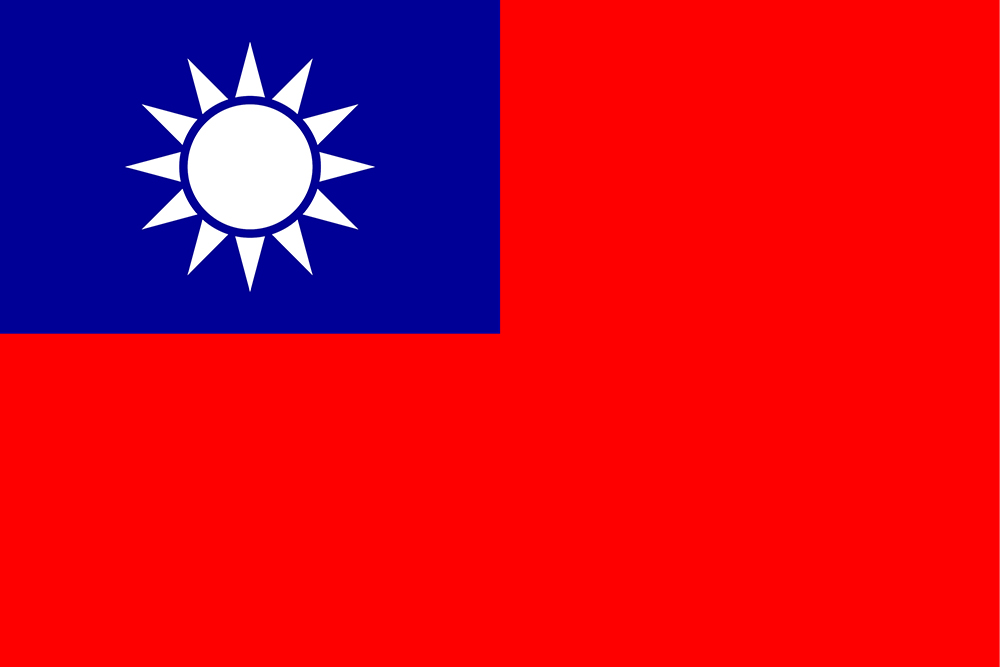
Taiwan
Taiwan is not on the FATF List of Countries that have been identified as having strategic AML deficiencies.

Hong Kong
Hong Kong is not on the FATF List of Countries that have been identified as having strategic AML deficiencies.
